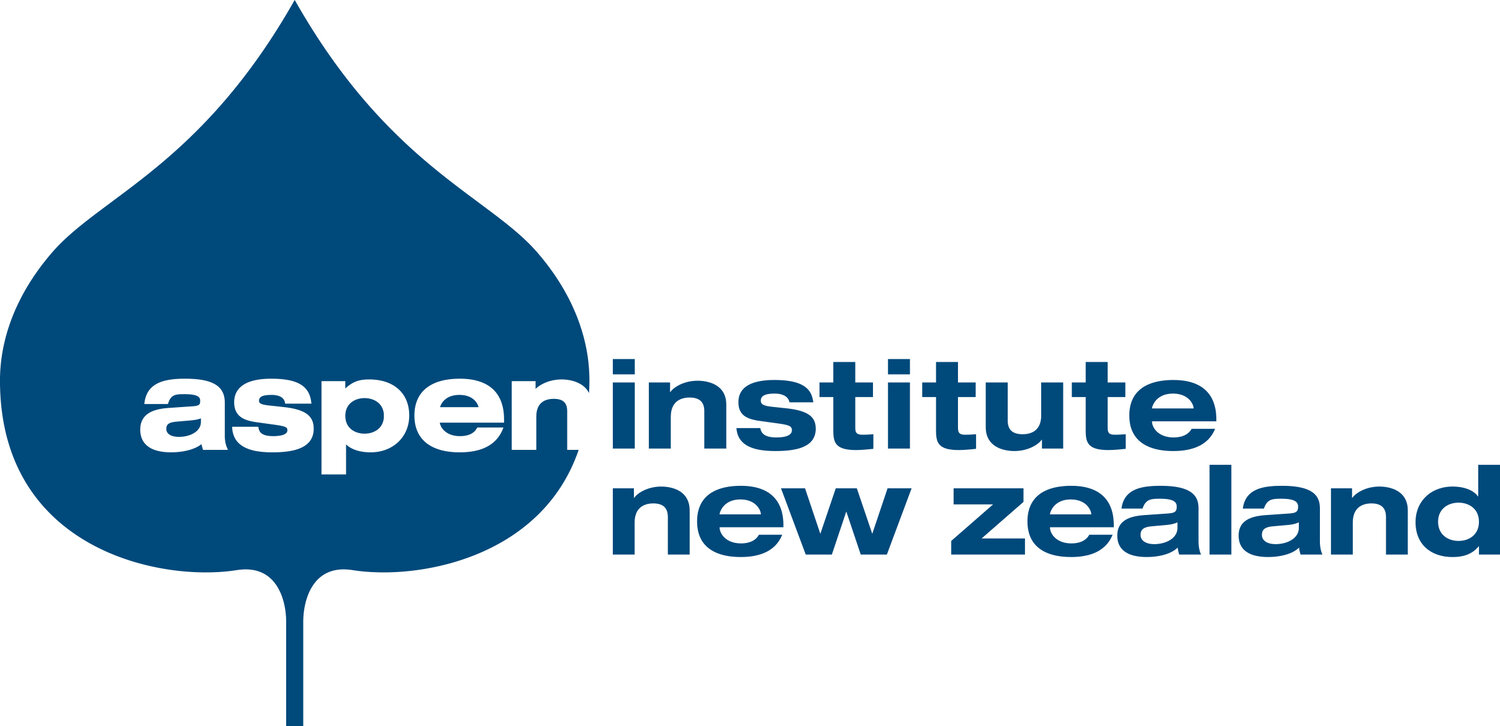Building a Stronger Democracy
Building a Stronger Democracy
Democracy relies on more than just casting a vote every few years. It depends on informed citizens, open dialogue, and accountability - foundations that keep it strong and responsive. This month, we explored what democracy really means, why it’s fragile, and the role we all play in shaping its future.
Democracy is More Than Just Voting
At its core, democracy is a system where people shape the decisions that affect their lives, not only through elections, but through ongoing participation, open conversations, and representation. A resilient democracy thrives when people:
Stay informed and think critically
Respect different perspectives
Engage in conversations, even when they’re difficult
Hold leaders and decision-makers accountable
However, with trust in our institutions waning and misinformation spreading faster than facts, how we engage in democracy matters more now than ever before.
The Fragility of Democracy and the Importance of Civic Engagement
History has shown that democracy isn’t invincible and that it weakens when people disengage, stop questioning, or feel their voices don’t matter. Consequently, it strengthens when we show up, listen, and take action. Civic engagement - whether it’s attending local meetings, advocating for key issues, or holding decision-makers accountable - is the backbone of a thriving society.
Aspen NZ alumna, Parminder Kaur, works at Parliamentary Services as a communications advisor. Her role is to ensure that more people understand how they can have a voice in our democratic processes, which in turn, encourages more voices to be heard in our parliamentary decision-making processes.
Parminder shared how her experience at Aspen NZ seminars strengthened her ability to foster constructive communication in democracy:
“Aspen challenged me to think critically, listen deeply, and engage with perspectives different from my own -
skills I use every day in my role.”
Why Constructive Communication Matters
As political and social divisions grow, how we communicate becomes more important. Respectful conversations don’t need everyone to agree, but they do need everyone to listen and understand. Constructive communication helps us:
Challenge ideas, not people
Find common ground where possible
Build trust in institutions and each other
The Future of Democracy
As technology evolves, so too does democracy. The future will depend on:
Digital literacy in an AI-driven world - ensuring people can distinguish fact from misinformation
Youth engagement - bringing younger generations into decision-making
Accountability and trust - rebuilding confidence in leadership and institutions
The question we must ask ourselves is: Will we shape the future of democracy, or let it happen to us?
Democracy Depends on Us All
A thriving democracy is built every day by engaged citizens. Through awareness, participation, and constructive conversations, we all have a role to play in shaping the future of democracy in New Zealand.
At the Aspen Institute NZ, we create space for people to tackle big questions, engage across differences, and foster the kind of dialogue that drives solutions. If you want to get involved, visit our programme page and join our mailing list to be kept up-to-date on news and upcoming events.


